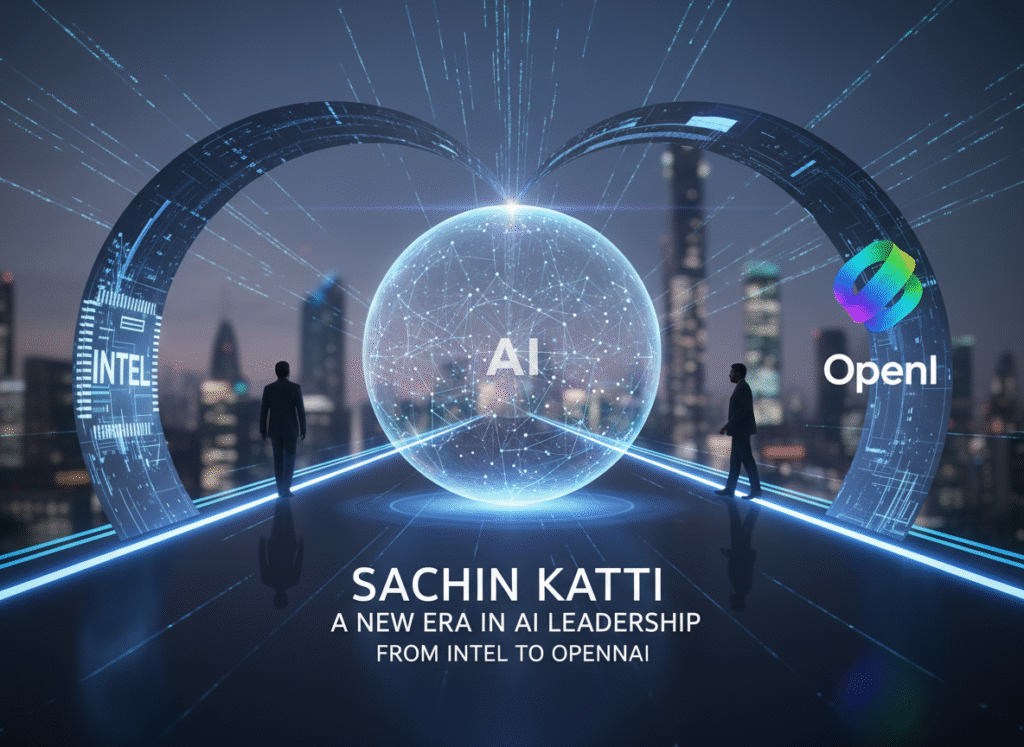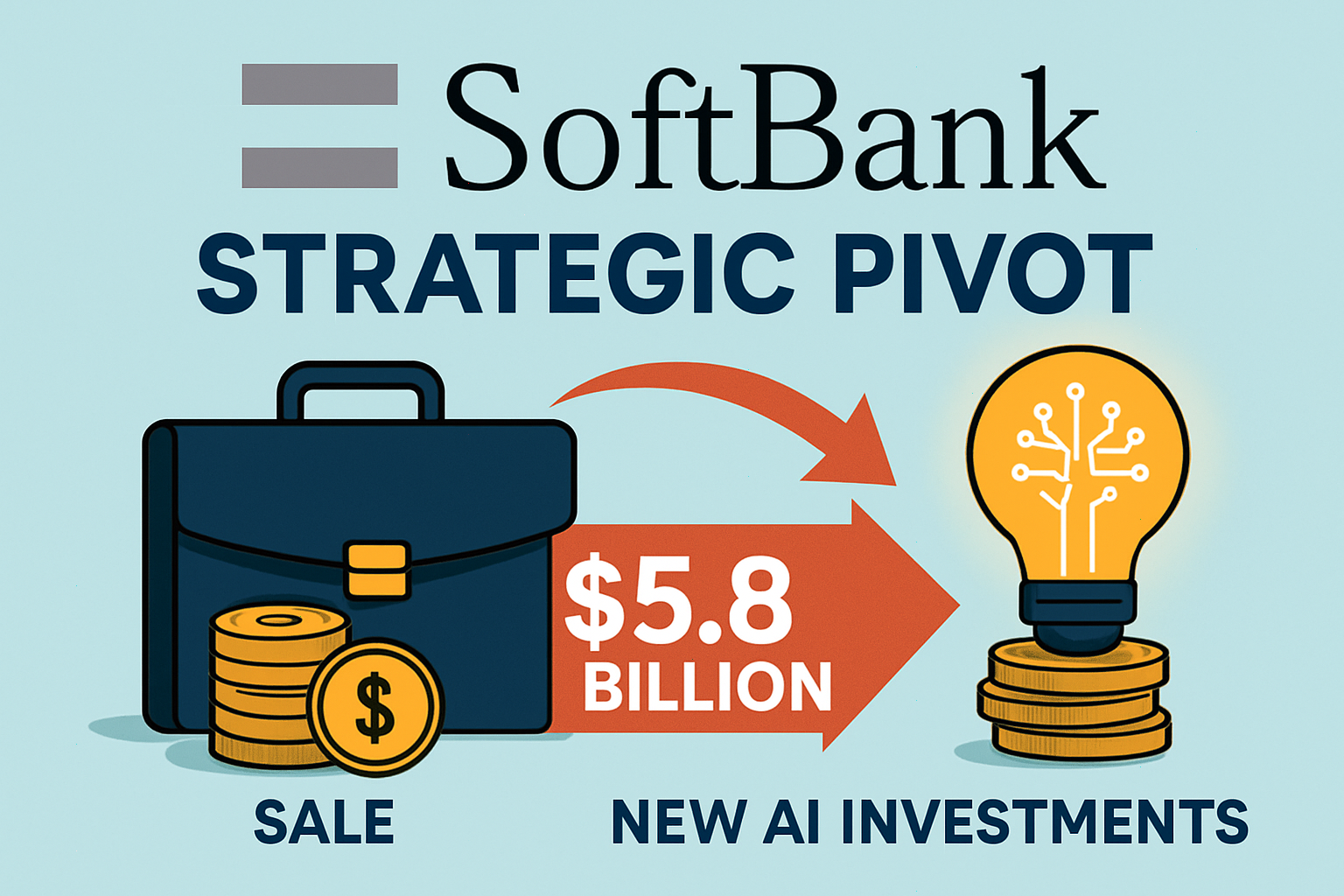
NVIDIA has officially introduced its next-generation GPU architecture, codenamed “Raijin”, named after the Japanese god of thunder. This new launch marks one of the company’s most ambitious steps yet in redefining the limits of real-time rendering, artificial intelligence, and high-performance computing.
What is Raijin?
The Raijin architecture represents a significant upgrade over the current Ada Lovelace architecture, which has powered the RTX 40 series. Built on a refined 3nm process, Raijin focuses on improved power efficiency, AI acceleration, and real-time ray tracing performance. It’s designed not only for gamers and creators but also for researchers and developers working in AI, robotics, and autonomous vehicles.
Key Features of Raijin
- Triple-Path AI Engine (TPAE):
This new AI engine is tailored for large-scale machine learning and neural rendering, delivering up to 4x the AI performance of previous RTX GPUs. - Quantum Core Cluster (QCC):
A brand-new microarchitecture for handling parallel workloads, ideal for real-time ray tracing and photorealistic rendering in gaming engines. - Unified Memory Architecture 2.0:
With HBM4 support, Raijin boosts memory bandwidth beyond 2.5 TB/s, crucial for complex AI workloads and 16K video editing. - GreenCore Efficiency:
NVIDIA’s custom power regulation and thermal management tech reduce power consumption by 30% over the RTX 4090 under similar loads.
Gaming Like Never Before
Raijin GPUs are expected to power the upcoming RTX 50-series, bringing lifelike graphics, AI NPC behavior, and ultra-low latency to AAA titles. NVIDIA showcased early demos of “Cyberpunk 2077: Neo” and “Elden Ring II” running at 4K with full ray tracing at over 120 FPS using Raijin-powered GPUs.
AI and Data Science Applications
With dedicated TensorFlowX and PyTorch acceleration modules, Raijin opens the door for faster AI training and inference, making it a top contender for research labs and data centers.
Availability
NVIDIA confirmed that the first batch of Raijin-based GPUs will hit the market in Q4 2025, starting with the RTX 5090 and 5090 Ti models. Enterprise-grade models will follow in early 2026.
Final Thoughts
NVIDIA’s Raijin GPU architecture is more than just an upgrade—it’s a fundamental shift toward an AI-first future. Whether you’re a gamer, a 3D artist, or an AI researcher, Raijin is set to deliver the performance leap the tech world has been anticipating.





